This sweet, little ball of fur deserves the best, right?
Chinchillas are adorable, playful, friendly, fun and cute – that’s why they are hard to resist when they beg for a snack.
Since you want the best for your lovely pet, check out which snacks are healthy, delicious and approved by many other chinchillas. 😉
IN THIS ARTICLE:
The Chinchilla Diet
Chinchillas are herbivores, so they eat only plant material. Chinchillas require a high fiber, low carbohydrate, and low-fat diet. In their natural environment, chinchillas chew the bark off trees.


Therefore 80% – 90% of a chinchilla’s diet should be high-quality grass hay (such as timothy hay or orchard grass hay). Hay should be always available for your chinchilla, it makes up most of its diet. Also, pellets should be plain, hay-based. They shouldn’t contain seeds, nuts or some kind of dried fruit.
Always measure food for chinchillas, for example, adult chinchillas should get about 1-2 tablespoons per chinchilla per day. Give them a small amount of fresh produce on daily basis. Fruits (carrot, kale, potato, celery) are also okay but in small amounts.
It is very important to provide fresh water and change it daily.
Best Treats For Chinchillas
As we mentioned before, a chinchilla’s digestive system doesn’t respond well to snacks high in fat or sugar. Be careful with that, because they can get seriously ill.
Unfortunately, many commercial treats for chinchillas should be avoided, they are very high in fat and sugars.
According to chinchillas owners, the most popular and healthy treats are Timothy hay, Rosehips, Plain Cheerios, goji berries, and dried calendula.


It is recommended to try a small amount of snacks to see which one works the best for your chinchilla. Just like humans, they all have their own favorites! 😀
You’ll often find treats and snacks that look safe for your pets because the packaging has an image of a chinchilla on it, but always read the amount of sugar and fat the snack contains.
Healthy And Safe Chinchilla Snacks
It is beautiful to watch them munch away on their treats. But, just like humans, your adorable chin should have its snacks in moderation. Here is a list of healthy and safe treats for your pet.
- Timothy hay dried cubes – Supports your chinchilla urinary and digestive health
- Dried herbs – That includes dandelion roots/leaves, rosemary, hibiscus, parsley, strawberry, and blackberry leaves. Give 1 teaspoon of dried herbs several times a week.
- Dried rose hips – Great for chinchillas because they are high in fiber and vitamin C
- Raisins and dried cranberries – Chinchilla loves them, but you should be very careful. These snacks should not be given more than once or twice a week.
- Mountain ash berries – Chinchillas love them! They contain many health-boosting ingredients.
- Organic hawthorn leaves – Promote chinchilla heart health
- Nettle leaves – They naturally increase chinchilla energy levels
- Red clover leaves – Keep your chinchilla’s nervous system healthy
- Avoid yogurt drops
- Don’t give bread and cereals to your chinchilla
- Salt blocks and other mineral supplements aren’t necessary for the chinchilla diet
- Seeds and nuts are high in fat
- Avoid too many fruits and vegetables, they will cause diarrhea
- Citrus fruit has high acid levels
- Don’t treat your chinchilla with bananas, nuts, avocado, peas, corn, sunflower seeds, chocolate, dairy products…
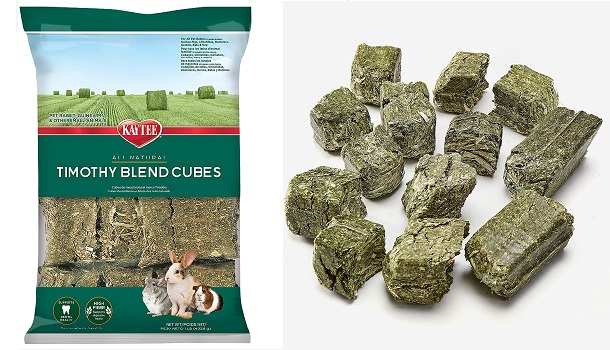

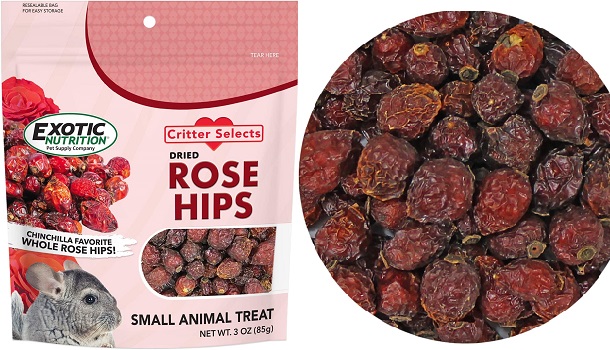

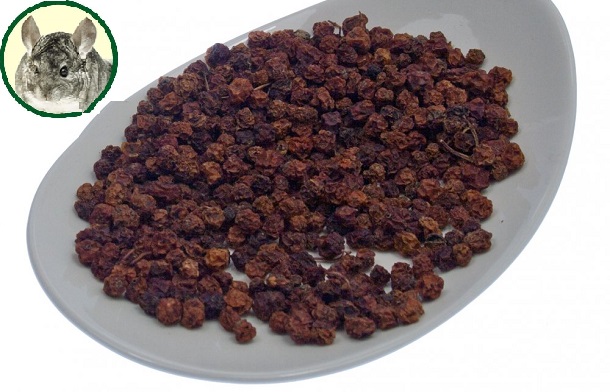

DIY Chinchilla Treats
If you are concerned about store-bought snacks, you can make homemade chinchilla snacks and here’s how.
Ingredients like grass, alfalfa or hay are key for a healthy chinchilla diet, so it’s easy to include them in homemade chinchilla snack recipes. Also, you can use specially designed pellets or treats. Include rosehips, rolled oats and raisins.
Then you can mix, mash and combine these ingredients to make a cookie for your chinchilla.
Try this recipe: gather pellets, oats, rosehips, alfalfa and thin apple slices and blend all of them in a blender. Add water and mix it to make it dough-like. Mold the dough into the cookie shape pieces. Place them on a cookie sheet, put the sheet in the oven at the lowest temperature and bake for about two hours. Leave the cookies to cool down completely and then give a cookie to your chinchilla.
Limit Snacks!
When you understand which snacks are good and which ingredients promote your chinchilla health, it is very important to limit treats. You should give the treats in small quantities. A small amount of snacks and not every day is the best formula to keep your chinchilla healthy.
For example, give your chinchilla 1/2 teaspoon of dandelion leaves several times a week. Also, your chinchilla should get only one snack per day.
Which Snacks To Avoid?
It is very important to avoid treats that are high in sugar, especially some kind of commercial treats that can be found in pet stores.
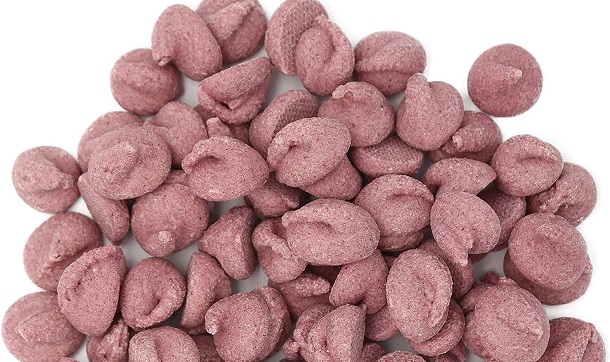

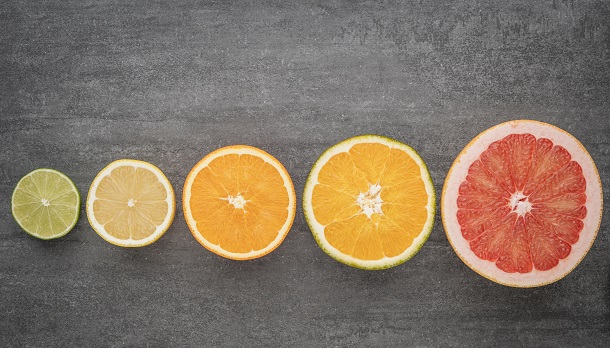

Health Issues Caused by Inadequate Snack Choice
We repeat that so many times, but it’s important to remember that food or snacks high in fat and sugar should be avoided from chinchillas’ diet.
These kinds of snacks can cause diarrhea, weight gain, liver damage, gastrointestinal impactions, tooth decay, malocclusion and others.
To Sum Up
Pet stores offer a wide array of chinchilla snacks that you can use as treats and awards. Unfortunately, many of them are high in fat and sugar which can be dangerous for your chinchilla. After reading this article, you’ll be able to choose the best snacks that support your chinchilla health.


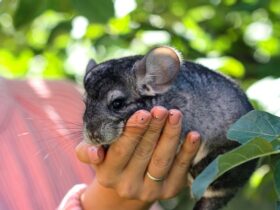

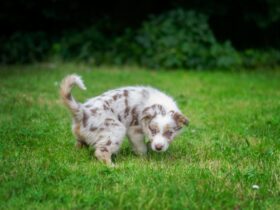

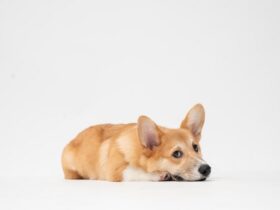
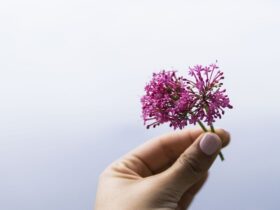
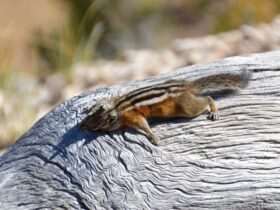
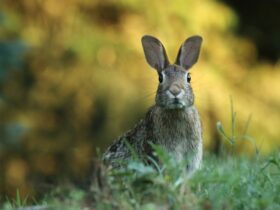
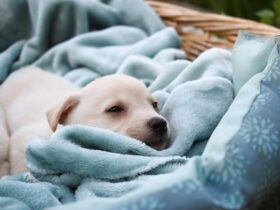








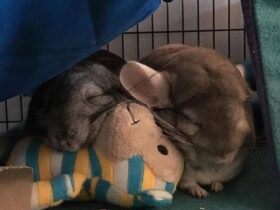
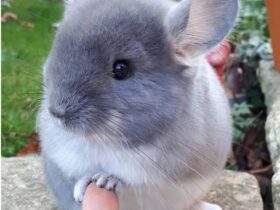
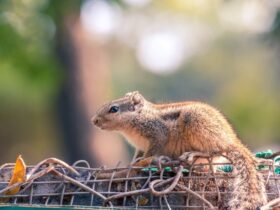
Leave a Reply